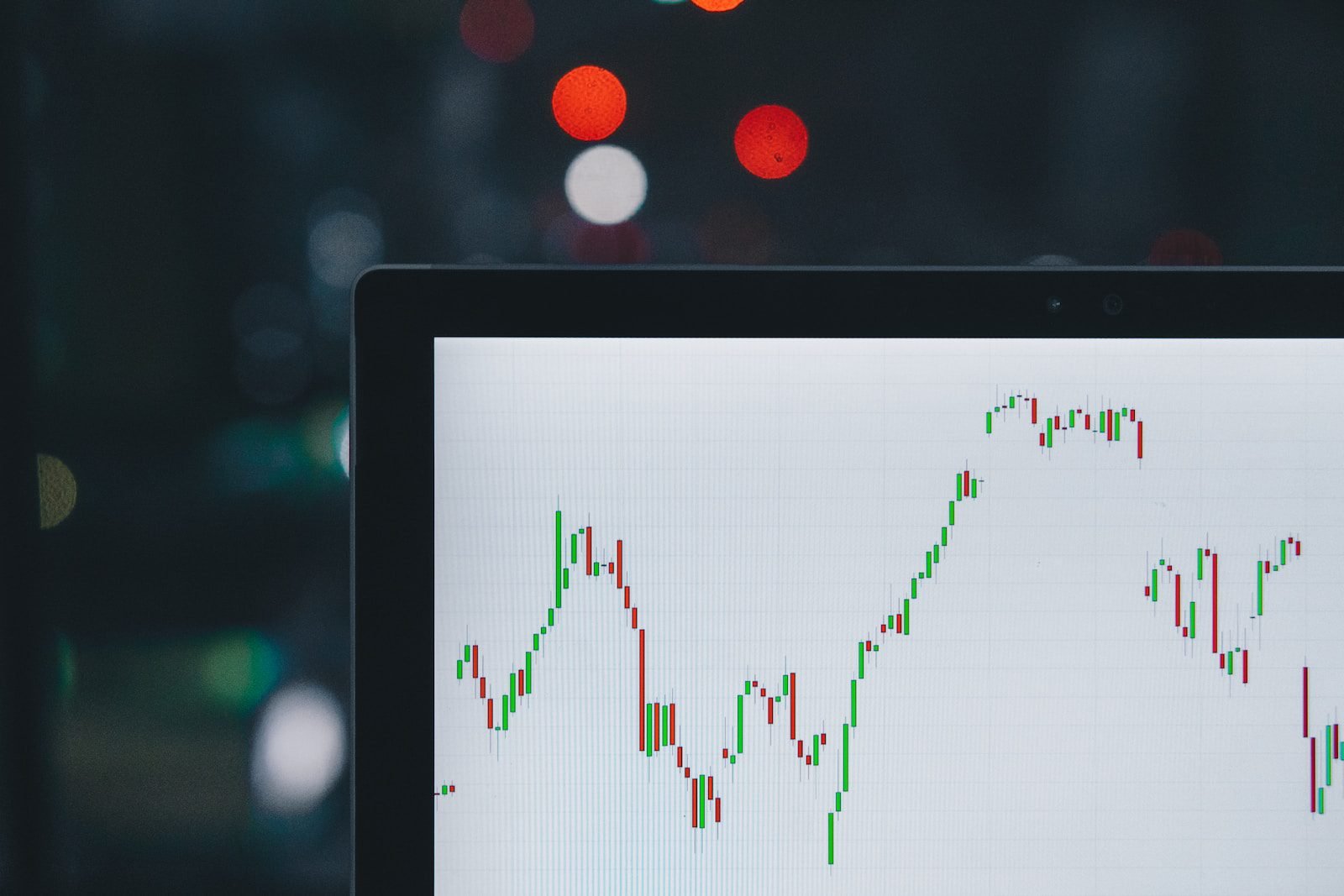SINGAPORE: Asian shares edged up on Thursday after the Federal Reserve signalled it could hold off on raising interest rates in the wake of the banking sector’s turbulence, while it also reaffirmed its commitment to battling sticky inflation.
The Fed increased interest rates in a widely anticipated move by 25 basis points, but as a result of the banking stress, it revised its outlook to be more cautious.
While Japan’s Nikkei lost 0.50%, the MSCI’s broadest index of Asia-Pacific shares outside of Japan increased by 0.27%. S&P/ASX 200 index for Australia decreased by 0.67%.
As investors processed the Fed’s policy statement and remarks from Fed Chair Jerome Powell’s news conference, Wall Street finished significantly lower.
The Shanghai Composite Index and China’s blue-chip CSI 300 Index both decreased by 0.3%, while Hong Kong’s Hang Seng Index increased by 0.22%.
In contrast to what the Fed implied in its statement, Powell stated in his news conference that the central bank would do “enough” to contain inflation and raised the possibility of raising rates higher if necessary.
The U.S. Treasury Secretary Janet Yellen’s statement to lawmakers that she had not thought about or discussed “blanket insurance” for U.S. banking deposits without consent from Congress also did not help the mood.
Rob Carnell, an economist at ING, wrote in a note to clients that despite appearing to rule out rate cuts this year, “most of the harm seems to have come from Yellen’s parallel remarks to Congress exactly when Jerome Powell was insisting that the banking system was solid.”
In all likelihood, further research and cooperation between the Fed and the Treasury Department will be conducted on rates and deposit insurance.
According to the CME FedWatch tool, Fed funds futures are currently valued for a about equal likelihood that the Fed will increase rates by an extra 25 basis points in May or leave them steady.
The abrupt bankruptcies of two American bankers and the emergency sale of troubled Swiss banking giant Credit Suisse have caused the global markets to be erratic, with bank shares taking a beating over the previous two weeks.
Regulators and policymakers around the world have rushed to reduce the danger of contagion and calm concerns about a financial crisis, but investors are still concerned that other small lenders would be vulnerable if lending markets become more constrained.
The dollar index decreased by 0.137% in the currency market, while the euro increased by 0.25% to $1.0882.
Sterling recently traded at $1.2286, up 0.18%, while the yen gained 0.43% to 130.87 per dollar.
As the 30-year Treasury bond’s yield decreased by 1.5 basis points to 3.682%, the yield on 10-year Treasury notes decreased by 3.2 basis points to 3.468%.
A measure of interest rate expectations, the yield on the two-year U.S. Treasury fell 1.1 basis points to 3.970%.
U.S. crude dropped 1.11% to $70.11 per barrel, while Brent was down 0.98% at $75.94 per barrel.





